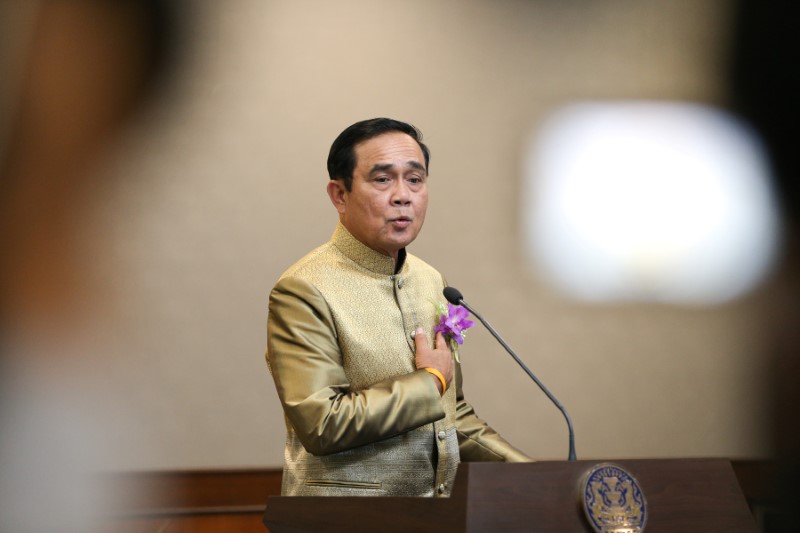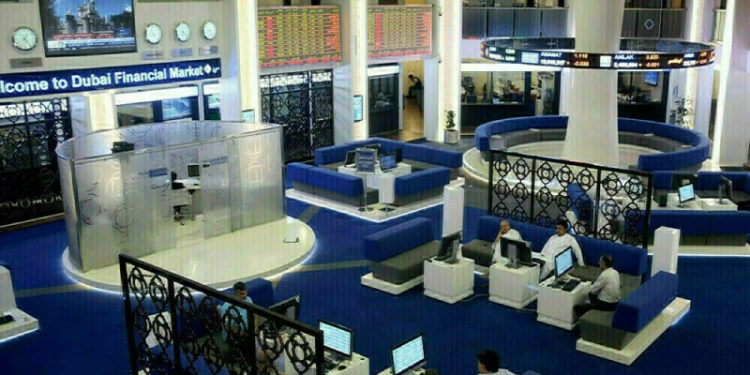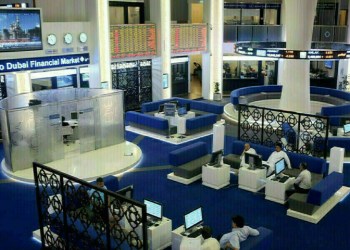 © Reuters. FILE PHOTO: Thailand’s Prime Minister Prayuth Chan-ocha gestures during a news conference after a weekly cabinet meeting at Government House in Bangkok,
© Reuters. FILE PHOTO: Thailand’s Prime Minister Prayuth Chan-ocha gestures during a news conference after a weekly cabinet meeting at Government House in Bangkok,BANGKOK (Reuters) – Thailand is spearheading a new Southeast Asian fund for infrastructure and development projects, Thai Prime Minister Prayuth Chan-ocha told a summit in Bangkok on Saturday, a bid to counter reliance on Asian giants, such as China.
The fund, which Thailand will jointly manage with four countries of the region – Cambodia, Laos, Myanmar and Vietnam – is expected to begin operations in 2019.
“Thailand wants to emphasize the importance of a sustainable source of funding,” Prayuth told a summit of the Ayeyawady-Chao Phraya-Mekong Economic Cooperation Strategy (ACMECS).
One of its aims is to lessen reliance on funding from China and other regional giants, said Arthayud Srisamoot, an official of the foreign ministry.
“There is a sense among these countries to try to engage more within this region before going out to China, to South Korea, Japan and India.”
Thailand would contribute a “substantial amount of money” to start the fund, he added.
Prayuth gave no details of the project’s size or budget but the Thai government said officials of all five countries would meet this year to flesh out details.
The fund will raise money through the sale of stocks and bonds by issuing debt for projects, Arthayud said, adding that it would welcome financial contributions from countries and institutions beyond Southeast Asia.
Previous regional infrastructure projects of the 10-member Association of Southeast Asian Nations (ASEAN) grouping have made little progress, because of conflicting interests.
China has been investing heavily in infrastructure in Southeast Asia, in line with its Belt and Road initiative, as well as in energy and property, which has spurred concern about the region’s growing economic dependence on it.
China has committed to spending nearly $12 billion in loans and grants in Laos, Myanmar, Thailand, Cambodia and Vietnam.
At a regional summit this year in Cambodia, one of the region’s top beneficiaries of Chinese investment, government leaders agreed to consider a second batch of Chinese-funded projects, in addition to 132 projects approved in 2016.
Chinese-backed infrastructure projects in the region include a $5.5-billion railway scheme to link Thailand’s eastern seaboard with southern China, via land-locked Laos.
Fusion Media or anyone involved with Fusion Media will not accept any liability for loss or damage as a result of reliance on the information including data, quotes, charts and buy/sell signals contained within this website. Please be fully informed regarding the risks and costs associated with trading the financial markets, it is one of the riskiest investment forms possible.
Source: Investing.com




























